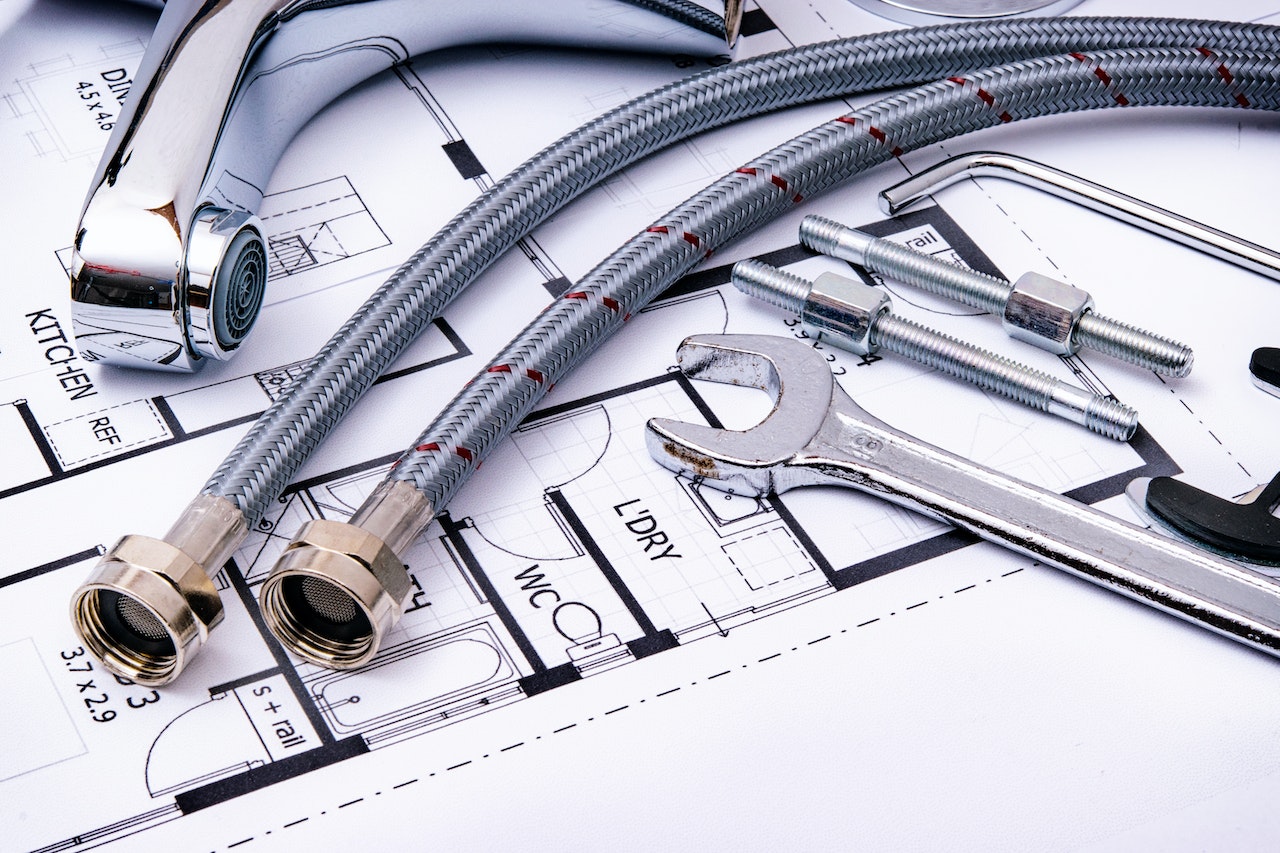
Plumbing 101: Tips and Tricks for Basic Plumbing
Plumbing can be a daunting task for many homeowners, but with a little bit of knowledge and some basic tools, you can tackle some common plumbing problems on your own. Here are some tips and tricks to help you get started:
-
Know Your Pipes: Understanding the type of pipes in your home can help you better understand how to fix them. There are typically three types of pipes: copper, PVC, and galvanized. Copper pipes are often used for water supply lines, while PVC pipes are typically used for drain lines. Galvanized pipes are an older type of pipe that can be prone to rusting and corrosion.
-
Keep a Plunger on Hand: A plunger is one of the most basic tools you can have for fixing clogs in your sink, toilet, or shower. Make sure you have one on hand and know how to use it properly. To use a plunger, place it over the drain and push down and up several times to create suction. This can help dislodge any blockages and clear the drain.
-
Know How to Shut Off the Water: In case of an emergency, it's important to know how to shut off the water supply to your home. Find the main shut-off valve and make sure everyone in your home knows where it is and how to turn it off. This can help prevent damage from leaks or burst pipes.
-
Don't Over-Tighten: When installing or repairing pipes, it's important not to over-tighten fittings or connections. This can cause the pipes to crack or leak. Tighten fittings snugly, but don't use excessive force.
-
Use Teflon Tape: When connecting pipes or fittings, use Teflon tape to create a watertight seal. Wrap the tape around the threads of the pipe or fitting before connecting them. This can help prevent leaks and ensure a tight seal.
-
Check for Leaks: Regularly check your pipes and fittings for leaks. Look for water stains, dampness, or mold growth around pipes and fixtures. If you notice any leaks, address them promptly to prevent further damage.
-
Don't Use Chemical Drain Cleaners: Chemical drain cleaners can be harsh and damaging to pipes. Instead, use a plunger or a drain snake to clear clogs. You can also try natural alternatives, such as baking soda and vinegar, to clean your drains.
By following these basic plumbing tips and tricks, you can tackle common plumbing problems on your own and prevent costly damage to your home. However, if you're ever unsure about a plumbing repair, it's always best to call in a professional plumber.
